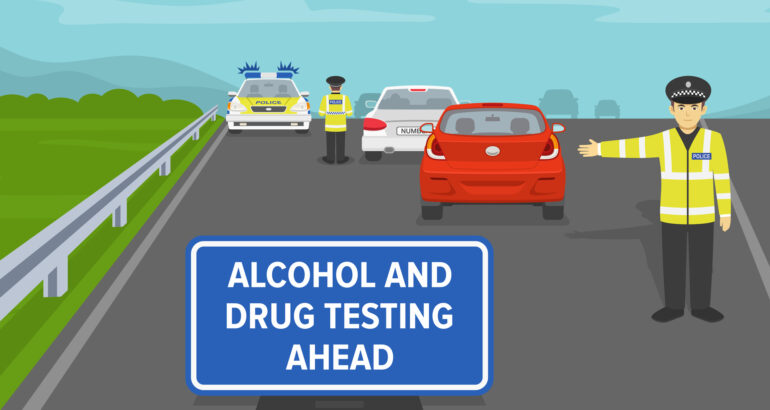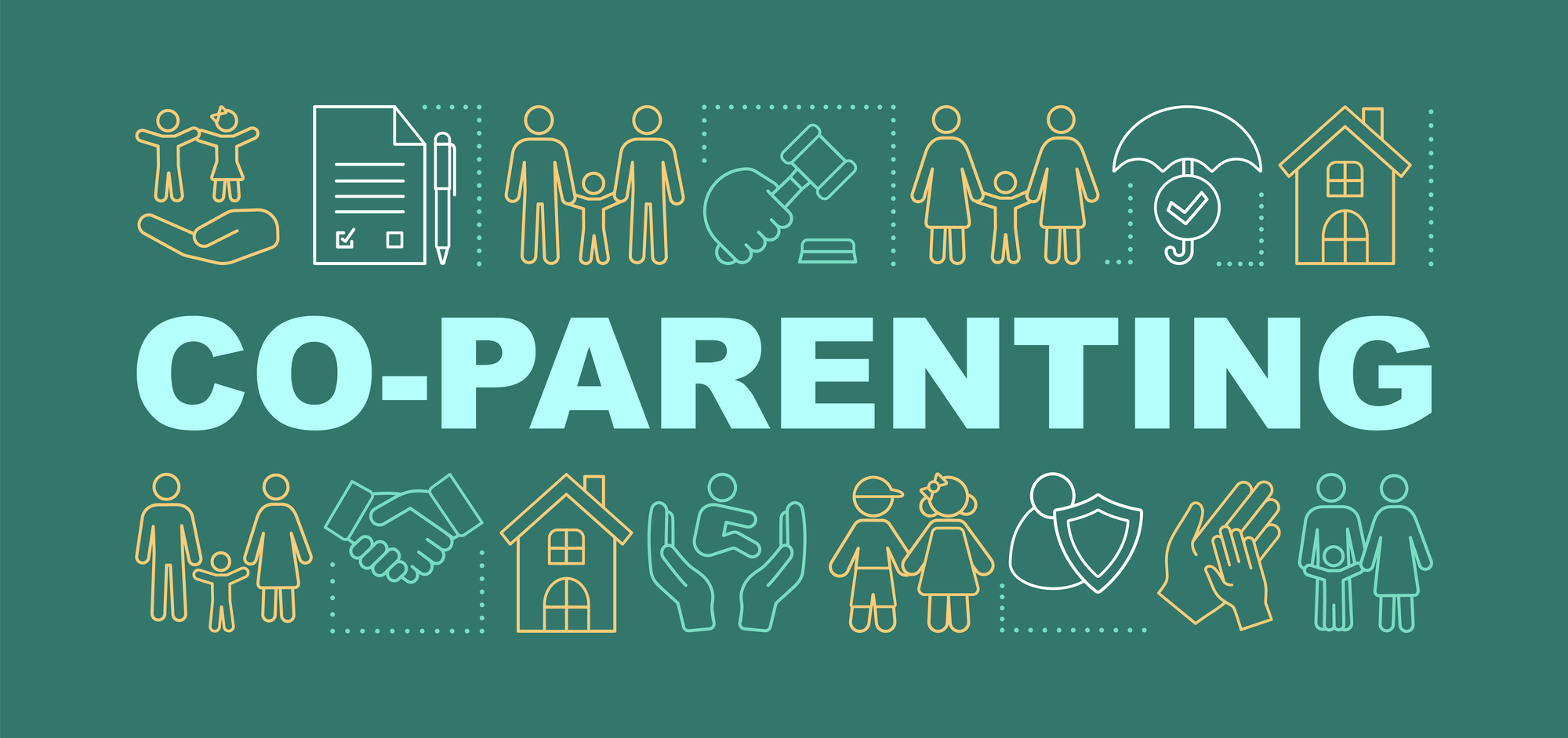In the case where the parents are unable to reach a custody agreement, either parent may file formally ask the Court to issue custody orders.
Legal Custody
There are two types of custody orders: The first type is legal custody which involves decisions regarding the health, education, and welfare of the children. The other type of child custody is known as physical custody. Physical custody involves decisions as to where the children resides.
There are two (2) forms of legal custody: Sole legal custody or joint legal custody. Sole legal custody is where only one parent has the right and responsibility to make important decisions regarding your child’s health care, education, and welfare.
The parent who has been granted legal custody will make the following decisions related to the parent’s minor children:





